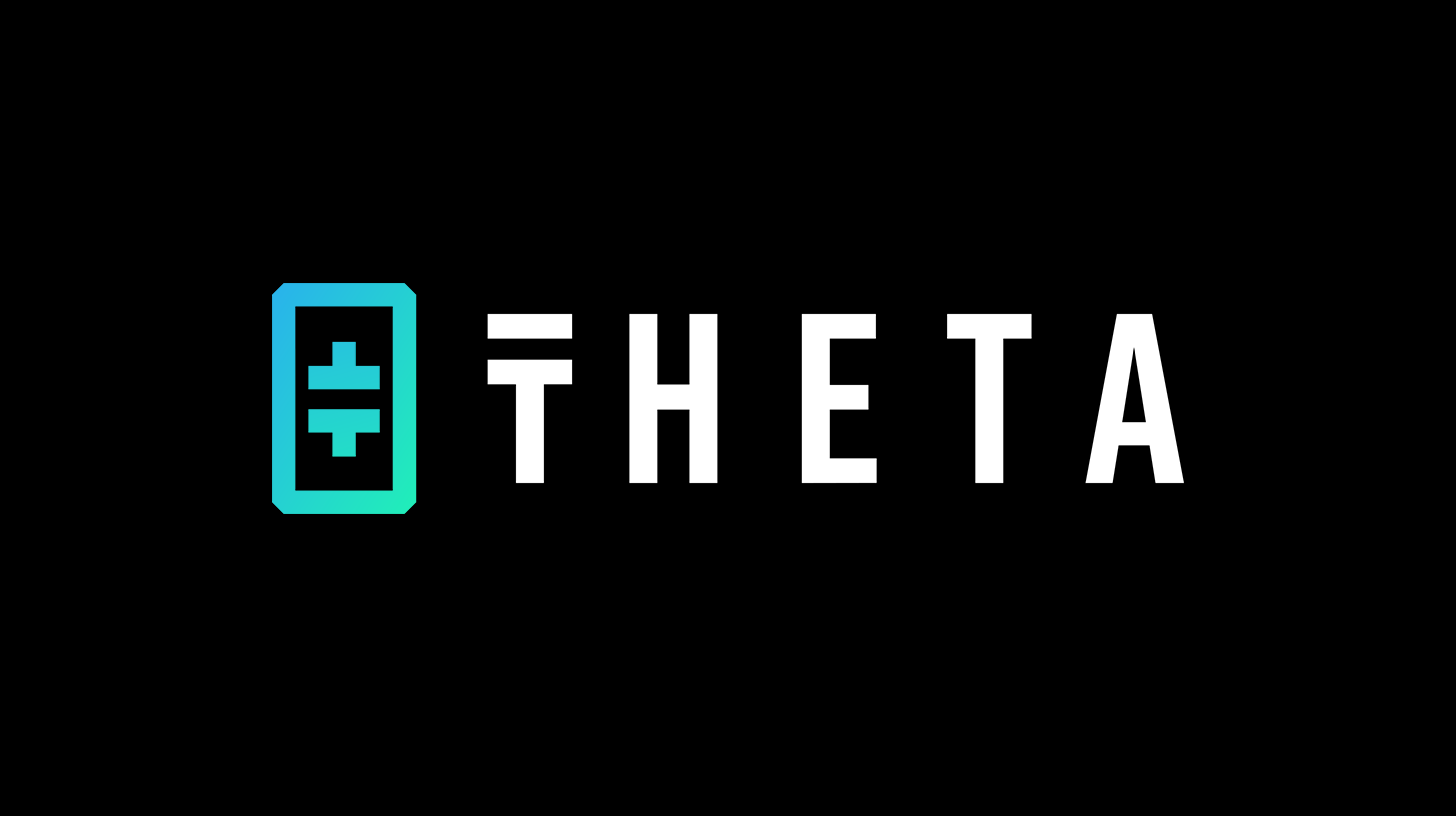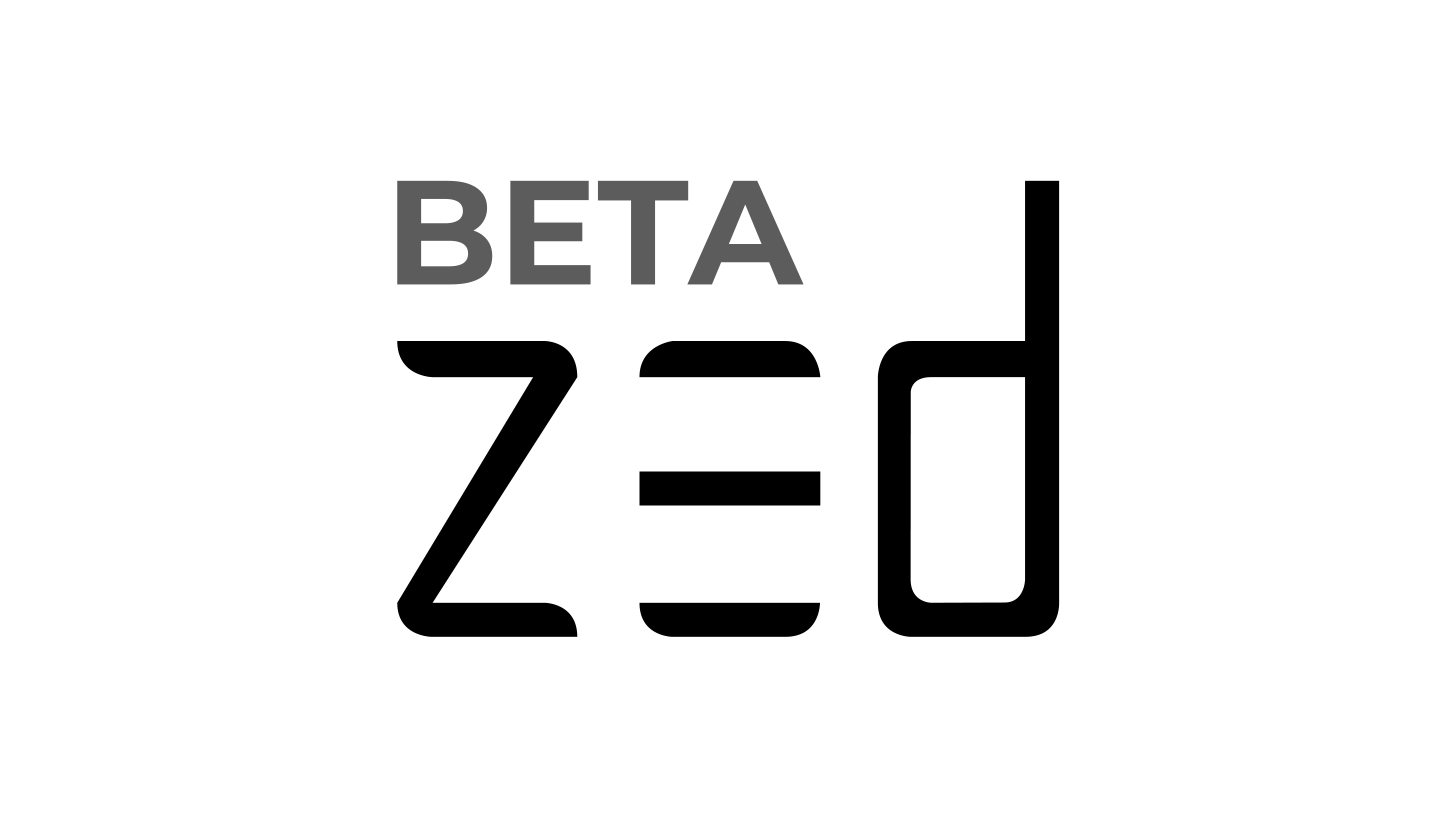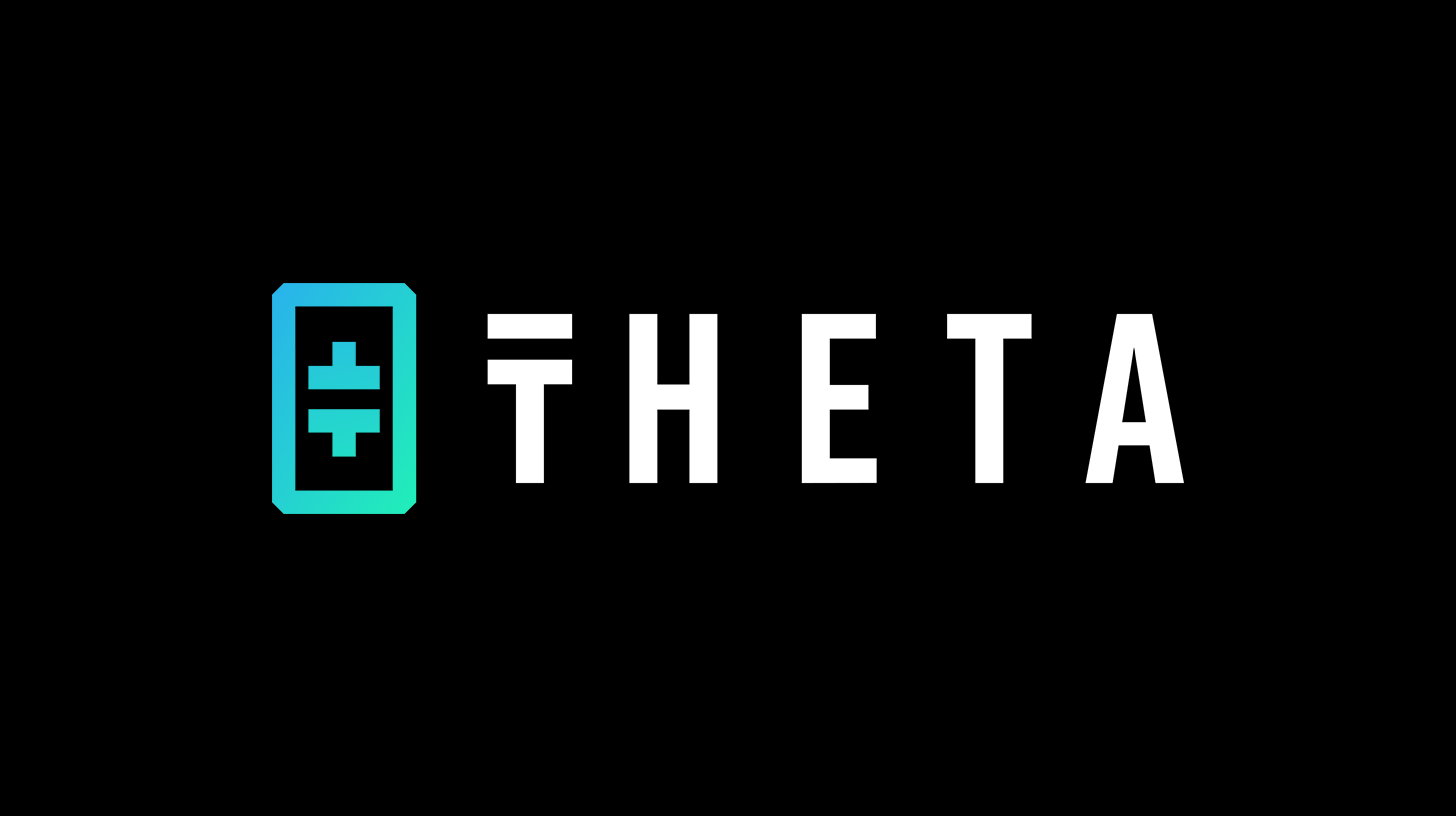The Future of Esports in the Crypto Gaming Industry

The esports industry has experienced exponential growth over the past decade, transforming from a niche hobby into a global phenomenon with millions of fans and lucrative prize pools. This rapid expansion has significantly impacted the gaming world, elevating competitive gaming to new heights and attracting both players and audiences from around the globe. As esports continues to evolve, the integration of crypto technology is emerging as a key factor poised to revolutionize the future of this dynamic industry.
Crypto gaming, which leverages blockchain technology and cryptocurrencies, is beginning to intersect with the world of esports, introducing new opportunities for both players and organizers. This intersection is creating innovative ways to reward players, enhance fan engagement, and introduce new economic models within the esports ecosystem.

The Rise of Crypto-Powered Esports
Blockchain technology is steadily making its way into the esports industry, transforming the way tournaments and competitions are organized and experienced. By leveraging the decentralized nature of blockchain, esports events are becoming more transparent, secure, and accessible to a global audience.
One of the most significant changes brought by blockchain is the integration of cryptocurrencies as rewards in esports. Traditional prize pools, often limited by regional currencies and financial intermediaries, are being replaced or supplemented by cryptocurrencies, offering several advantages. Crypto rewards can be distributed almost instantly, with lower transaction fees and no need for currency conversion, making them particularly appealing in an international context. Additionally, these rewards are not bound by geographical restrictions, enabling players from all over the world to compete on an equal footing.
Beyond monetary rewards, the potential for non-fungible tokens (NFTs) in esports is immense. NFTs can represent unique, tradable in-game assets, such as exclusive skins, avatars, or even virtual trophies. These digital collectibles can be earned through participation in tournaments or by achieving certain milestones, adding an extra layer of excitement and value to the esports experience. Players and teams can own, trade, or sell these NFTs, creating new revenue streams and deepening fan engagement by offering fans the opportunity to own a piece of esports history.
As blockchain technology continues to integrate with esports, we can expect to see a more decentralized, player-driven ecosystem that redefines the traditional models of competitive gaming. This shift not only enhances the experience for players and organizers but also introduces innovative ways for fans to interact with and invest in their favorite games and teams.

Decentralized Platforms and Esports
The integration of decentralized platforms into the esports industry is reshaping how events are hosted, managed, and funded. Unlike traditional centralized platforms, decentralized platforms operate on blockchain technology, offering increased transparency, security, and fairness in the organization of esports events. This shift is empowering both players and organizers by removing intermediaries and giving more control to the community.
The Role of Decentralized Platforms in Hosting and Managing Esports Events
Decentralized platforms are revolutionizing the way esports tournaments are hosted and managed. By utilizing smart contracts, these platforms can automate many aspects of event management, such as prize distribution, participant registration, and match scheduling. This automation not only reduces the administrative burden but also ensures that processes are transparent and immutable, minimizing the risk of disputes and ensuring fair play.
Moreover, decentralized platforms allow for community-driven governance. Players, teams, and fans can participate in the decision-making processes, such as voting on tournament rules, selecting game titles, or determining prize distributions. This level of community involvement fosters a more engaged and loyal fan base, as stakeholders feel they have a direct influence on the events they care about.
How Decentralized Finance Is Enabling New Sponsorship and Funding Models
Decentralized finance (DeFi) is playing a crucial role in creating new sponsorship and funding opportunities within the esports industry. Traditional esports sponsorships often rely on large corporations, but DeFi enables more grassroots and community-driven funding models. For instance, decentralized autonomous organizations (DAOs) can pool funds from community members to sponsor tournaments or teams, giving fans a direct stake in the success of the events they support.
In addition to DAOs, DeFi platforms offer innovative financial instruments like yield farming and staking, which can be integrated into esports ecosystems. For example, fans could stake tokens to support their favorite teams, earning rewards based on the team's performance. This creates a mutually beneficial relationship where fans are incentivized to support and promote the success of the teams they back.
Furthermore, DeFi allows for the creation of decentralized sponsorship marketplaces, where teams and organizers can connect directly with potential sponsors, bypassing traditional intermediaries. These marketplaces can be more inclusive and accessible, enabling smaller teams or independent events to secure funding and grow their presence in the esports scene.
Case Studies of Successful Crypto-Based Esports Platforms
Several crypto-based esports platforms have already demonstrated the potential of decentralized technology in transforming the industry:

Theta Network
Theta is a decentralized video streaming platform that has made significant inroads into the esports industry. By utilizing blockchain technology, Theta allows for peer-to-peer streaming, reducing the cost of content delivery and improving streaming quality. Esports events hosted on Theta benefit from decentralized infrastructure, with rewards distributed to both content creators and viewers through the platform's native cryptocurrency, THETA.

Zed Run
While not a traditional esports game, Zed Run is a blockchain-based horse racing platform that operates similarly to esports competitions. Players can buy, breed, and race virtual horses, with all transactions and race outcomes recorded on the blockchain. Zed Run's decentralized model has attracted significant attention, with players and investors participating in a digital economy that blends gaming and financial speculation.

Exeedme
Exeedme is a decentralized tournament platform that allows players of all skill levels to earn cryptocurrency rewards by competing in their favorite games. Built on the Polkadot blockchain, Exeedme offers a transparent and secure environment for esports competitions. The platform's integration of NFTs also enables players to monetize their in-game achievements and collectibles.
These case studies illustrate the growing impact of decentralized platforms in the esports industry. As blockchain technology continues to advance, we can expect to see even more innovative applications that further blur the lines between gaming, finance, and community engagement, ultimately transforming the future of esports.

Enhanced Player Ownership and Monetization
The integration of blockchain technology into esports is significantly enhancing player ownership and creating new avenues for monetization. By leveraging blockchain, players are gaining unprecedented control over their in-game assets and identities, which is revolutionizing how they interact with games and the broader esports ecosystem.
The Impact of Blockchain on Player Ownership of In-Game Assets and Identities
One of the most transformative aspects of blockchain in esports is its ability to establish true ownership of in-game assets. Traditionally, in-game items, characters, and achievements are stored on centralized servers, meaning players do not have true ownership; they are simply granted a license to use these assets within the game. However, with blockchain, in-game assets can be represented as non-fungible tokens, giving players verifiable ownership that is stored securely on the blockchain.
This shift means that players can take their assets with them, trade them freely on decentralized marketplaces, and even use them across different games if supported. The concept of digital ownership extends beyond just items; it also applies to player identities. Blockchain allows for the creation of secure, decentralized identities that players fully control, making it easier to track achievements, reputation, and skill levels across various platforms and games.
How Players Can Monetize Their Skills and Achievements Through NFTs and Crypto Tokens
Blockchain technology enables players to monetize their in-game skills and achievements in ways that were previously impossible. With NFTs, players can create, buy, sell, and trade unique digital assets such as skins, characters, or even virtual real estate. These NFTs can appreciate in value based on their rarity, demand, and the reputation of the player who owns or creates them.
For example, a player who earns a rare achievement or wins a major tournament could mint an NFT that commemorates the event, which could then be sold to fans or collectors. This not only provides an additional revenue stream for players but also deepens engagement with the community by allowing fans to own a piece of esports history.
Furthermore, players can earn crypto tokens as rewards for their performance in games or tournaments. These tokens can be traded on cryptocurrency exchanges, used to purchase in-game items, or even staked to earn passive income through decentralized finance platforms. This creates a robust economic ecosystem where players are financially rewarded for their time and effort, further blurring the lines between gaming and professional sports.
The Role of Smart Contracts in Ensuring Fair Play and Transparent Reward Distribution
Smart contracts, which are self-executing agreements coded on the blockchain, play a crucial role in ensuring fairness and transparency in esports. These contracts can automate and enforce rules, ensuring that all players are held to the same standards and that rewards are distributed transparently.
For example, in a decentralized esports tournament, smart contracts can automatically distribute prize money to the winners based on predefined criteria, such as match outcomes or player rankings. This eliminates the need for intermediaries, reduces the risk of fraud, and ensures that players are paid promptly and fairly.
Additionally, smart contracts can be used to create decentralized governance structures, where players and other stakeholders can vote on rule changes, tournament formats, or other key decisions. This democratization of governance empowers players and creates a more inclusive and transparent esports environment.
Blockchain technology is fundamentally changing the way players interact with esports by enhancing ownership, enabling new monetization opportunities, and ensuring fairness through smart contracts. As these innovations continue to evolve, they will play a key role in shaping the future of esports, making it a more dynamic, inclusive, and profitable industry for players and fans alike.

Challenges and Considerations
As the integration of blockchain technology into esports continues to grow, several challenges and considerations must be addressed to ensure a successful and sustainable future for crypto-powered esports. These challenges range from technical hurdles to regulatory concerns and potential risks inherent in the intersection of gaming and cryptocurrency.
Technical Challenges: Scalability, Latency, and Ensuring a Smooth Esports Experience
One of the primary technical challenges facing crypto-powered esports is scalability. Blockchain networks, particularly those used for processing transactions and managing NFTs, can struggle under high demand, leading to network congestion and slower transaction times. In a fast-paced esports environment, where milliseconds can determine the outcome of a match, latency and delays are unacceptable. Ensuring that blockchain technology can handle the demands of large-scale esports events is critical to maintaining a seamless and competitive experience.
Additionally, the integration of blockchain into gaming requires substantial computing power and resources, which can be a barrier for some players and organizers. To overcome these challenges, the development of more efficient blockchain protocols, such as Layer 2 solutions, is necessary. These advancements could help reduce latency, increase transaction speeds, and lower costs, making blockchain technology more viable for esports applications.
Regulatory Concerns and the Need for Industry Standards in Crypto-Powered Esports
The regulatory landscape for crypto-powered esports is complex and still evolving. As blockchain technology and cryptocurrencies become more prevalent in the gaming industry, the need for clear regulations and industry standards becomes increasingly important. Regulatory concerns include the legality of cryptocurrency transactions, the classification of NFTs as assets, and the compliance of smart contracts with existing laws.
Governments and regulatory bodies around the world are beginning to take notice of the growing crypto gaming sector, but there is still a lack of uniformity in how these activities are regulated. This uncertainty can create risks for players, organizers, and investors, as regulations can vary significantly between jurisdictions. To address these concerns, the esports industry must work towards establishing standardized practices that ensure compliance with local and international laws while promoting innovation and growth.
In addition to legal compliance, there is a need for industry standards that ensure fairness, transparency, and security in crypto-powered esports. These standards could cover areas such as the verification of player identities, the enforcement of anti-cheating measures, and the protection of digital assets. By developing and adhering to such standards, the esports industry can build trust among players, fans, and investors, paving the way for mainstream adoption.
Addressing Potential Risks: Cheating, Fraud, and Market Manipulation
As with any emerging technology, the integration of blockchain into esports brings potential risks that must be carefully managed. Cheating is a persistent issue in esports, and the introduction of crypto elements could provide new opportunities for bad actors. For example, players might attempt to manipulate smart contracts or use bots to gain an unfair advantage in games or tournaments. To mitigate these risks, robust anti-cheating measures, such as AI-driven monitoring systems and real-time data analysis, must be implemented.
Fraud is another significant concern, particularly in the context of cryptocurrency transactions and NFT trading. The anonymity provided by blockchain technology can be exploited by scammers, leading to fraudulent activities such as phishing attacks, Ponzi schemes, or fake token sales. Ensuring that players and organizers use secure platforms, educating the community about common scams, and implementing strict verification processes are essential steps in preventing fraud.
Market manipulation is also a potential risk in the crypto-powered esports ecosystem. The speculative nature of cryptocurrencies and NFTs can lead to price manipulation, insider trading, and other unethical practices. To address these concerns, the industry must establish transparent marketplaces, implement fair trading practices, and consider the use of decentralized governance models to oversee market activities.
While the integration of blockchain technology into esports offers exciting opportunities, it also presents significant challenges and risks. Addressing these issues through technical innovation, regulatory compliance, and the development of industry standards will be crucial to ensuring the long-term success and sustainability of crypto-powered esports. As the industry continues to evolve, a proactive approach to managing these challenges will help build a secure and thriving esports ecosystem that benefits players, fans, and investors alike.

The Potential for Mainstream Adoption
The potential for mainstream adoption of crypto-powered esports is significant, driven by various factors that are aligning the broader esports community with the innovations offered by blockchain technology. As traditional esports organizations and crypto platforms begin to collaborate, the landscape of competitive gaming is poised for transformative growth in the coming decade.
Factors Driving the Adoption of Crypto in the Broader Esports Community
Several key factors are propelling the integration of cryptocurrency and blockchain technology into the mainstream esports industry:
Increased Transparency and Security
Blockchain technology offers unparalleled transparency and security, essential qualities in an industry where trust is paramount. By using blockchain to verify transactions, manage in-game assets, and record match outcomes, esports organizations can provide a more trustworthy and fraud-resistant environment for both players and fans.
New Revenue Streams
The introduction of cryptocurrencies and NFTs into esports creates new monetization opportunities. Players can earn real value for their in-game achievements, while teams and organizers can generate revenue through token sales, NFT collectibles, and decentralized sponsorships. These new revenue streams are particularly appealing to the younger, tech-savvy demographic that dominates the esports audience.
Global Accessibility
Cryptocurrencies eliminate the barriers posed by traditional financial systems, enabling seamless cross-border transactions and participation. This global accessibility is crucial in esports, where international competition is the norm, and fans from around the world are eager to support their favorite teams and players.
Community Engagement and Ownership
Blockchain technology empowers esports communities by giving them a voice in governance and development. Through decentralized platforms and governance tokens, fans can influence decisions, support their favorite players, and even own a stake in the games they love, fostering deeper engagement and loyalty.
How Partnerships Between Traditional Esports Organizations and Crypto Platforms Could Shape the Future
Partnerships between established esports organizations and emerging crypto platforms are likely to play a pivotal role in the mainstream adoption of crypto-powered esports. These collaborations can bring together the best of both worlds: the audience reach and brand recognition of traditional esports entities and the innovative technology and financial models of the crypto sector.
For example, traditional esports leagues could integrate blockchain technology to enhance their existing infrastructure, offering crypto-based rewards, NFT collectibles, and decentralized governance models. Crypto platforms, on the other hand, can benefit from the established fan base and professional expertise of traditional esports organizations, accelerating their adoption within the mainstream gaming community.
These partnerships could also lead to the development of hybrid events, where both traditional and crypto-powered esports are featured, showcasing the benefits of blockchain technology to a wider audience. Such collaborations could also drive investment in the development of more scalable and accessible blockchain solutions, further facilitating the growth of the industry.
Predictions for the Growth of Crypto Esports in the Next Decade
Looking ahead, the next decade promises to be a period of significant growth for crypto esports. As blockchain technology continues to mature and become more user-friendly, we can expect to see:
- Widespread Adoption of Crypto Payments
Cryptocurrencies will likely become a standard payment method in esports, used for everything from player salaries and prize money to in-game purchases and fan donations.
- Expansion of NFT-Based Ecosystems
The use of NFTs in esports will expand beyond simple collectibles, incorporating complex ecosystems where players can trade, rent, and monetize their digital assets across multiple games and platforms.
- Integration with Virtual and Augmented Reality
The combination of blockchain with emerging technologies like virtual reality (VR) and augmented reality (AR) will create even more immersive and interactive esports experiences, attracting a broader audience and opening up new revenue streams.
- Increased Institutional Investment
As crypto esports prove their profitability and staying power, we can expect to see more institutional investors entering the space, funding the development of new platforms, games, and technologies.
- Regulatory Clarity and Standardization
As the industry grows, so too will the push for clear regulatory frameworks. Governments and industry bodies will work together to create standards that protect players, ensure fair play, and foster innovation.
The potential for mainstream adoption of crypto esports is vast, driven by technological advancements, new economic opportunities, and the growing convergence of traditional and blockchain-powered gaming. As these trends continue to unfold, the next decade is set to redefine the esports industry, making it more inclusive, innovative, and financially rewarding for all participants.

Case Studies of Crypto Esports Successes
The successful integration of crypto technology into esports has led to notable examples of innovation that are reshaping the competitive gaming landscape. These case studies highlight how various esports titles and organizations have leveraged blockchain to enhance player engagement, grow their audiences, and create new economic opportunities.
Examples of Esports Titles and Organizations That Have Successfully Integrated Crypto Technology

Axie Infinity
While not a traditional esports title, Axie Infinity has pioneered the play-to-earn model, allowing players to earn cryptocurrency through competitive gameplay. Axie Infinity has hosted various tournaments where players compete for valuable in-game assets and cryptocurrency rewards. This integration has transformed Axie Infinity into a global phenomenon, attracting both gamers and investors.

The Sandbox
The Sandbox is a decentralized virtual world where players can create, own, and monetize their gaming experiences using NFTs and cryptocurrency. The platform has successfully hosted esports events where players compete in user-generated games, with rewards distributed in the form of the platform’s native token, SAND. The Sandbox’s integration of blockchain has empowered players to take control of their gaming experiences and contributed to the platform’s rapid growth.

Theta Network
Theta Network is a blockchain-powered video streaming platform that has made significant inroads into the esports industry. By decentralizing video streaming, Theta allows esports events to be streamed with lower costs and higher quality, while viewers can earn cryptocurrency rewards for participating in the network. This integration has enhanced the viewer experience and expanded Theta’s audience, particularly within the esports community.
Analysis of the Impact of These Integrations on Player Engagement and Audience Growth
The integration of crypto technology into these esports titles has had a profound impact on player engagement and audience growth:
Increased Player Engagement
By offering real economic incentives through crypto rewards, these platforms have significantly increased player engagement. Players are more motivated to participate in tournaments and invest time in improving their skills when they know they can earn tangible rewards. This has led to a more competitive and active player base, contributing to the long-term sustainability of these platforms.
Enhanced Community Involvement
The use of governance tokens and decentralized platforms has given players a voice in the development and management of their favorite games. This increased involvement has fostered stronger community ties and greater loyalty among players, who feel more connected to the success of the platform.
Expanded Audience Reach
The integration of cryptocurrency and NFTs has attracted a new audience of crypto enthusiasts and investors to the esports scene. These individuals are drawn not only by the entertainment value but also by the investment opportunities offered by these platforms. As a result, the audience for crypto esports has expanded beyond traditional gamers to include a broader demographic.
Analysis of the Impact of These Integrations on Player Engagement and Audience Growth
The integration of crypto technology into these esports titles has had a profound impact on player engagement and audience growth:
Increased Player Engagement
By offering real economic incentives through crypto rewards, these platforms have significantly increased player engagement. Players are more motivated to participate in tournaments and invest time in improving their skills when they know they can earn tangible rewards. This has led to a more competitive and active player base, contributing to the long-term sustainability of these platforms.
Enhanced Community Involvement
The use of governance tokens and decentralized platforms has given players a voice in the development and management of their favorite games. This increased involvement has fostered stronger community ties and greater loyalty among players, who feel more connected to the success of the platform.
Expanded Audience Reach
The integration of cryptocurrency and NFTs has attracted a new audience of crypto enthusiasts and investors to the esports scene. These individuals are drawn not only by the entertainment value but also by the investment opportunities offered by these platforms. As a result, the audience for crypto esports has expanded beyond traditional gamers to include a broader demographic.
Lessons Learned from Early Adopters of Crypto in Esports
Embrace Innovation, but Prioritize User Experience
Early adopters of crypto in esports have demonstrated the importance of balancing innovation with user experience. While blockchain technology offers numerous benefits, it’s crucial to ensure that these integrations do not create barriers to entry or complicate the gaming experience. User-friendly interfaces and clear onboarding processes are essential for mainstream adoption.
Build Strong Communities
Successful crypto esports platforms have shown that community is key to long-term success. By involving players in decision-making processes and rewarding them for their contributions, platforms can build loyal communities that support and promote their growth. Governance tokens and decentralized platforms are effective tools for fostering this sense of community ownership.
Leverage the Power of NFTs
NFTs have proven to be a powerful tool for enhancing player engagement and creating new revenue streams. By offering unique, tradable assets that players can truly own, platforms can create a sense of exclusivity and value that drives participation and investment. However, it’s important to ensure that NFT markets remain accessible and fair to all players.
Anticipate and Address Regulatory Challenges
Early adopters have also learned the importance of navigating the evolving regulatory landscape. As crypto esports continue to grow, platforms must stay ahead of regulatory developments and ensure compliance to avoid potential legal issues. Proactive engagement with regulators and the development of industry standards are essential for sustainable growth.
These case studies highlight the transformative potential of crypto technology in the esports industry. By enhancing player engagement, expanding audiences, and creating new economic opportunities, these early adopters have set the stage for the future of competitive gaming. The lessons learned from their experiences will be invaluable as more esports titles and organizations explore the possibilities of blockchain integration.

The Future Landscape of Crypto Esports
The future of crypto esports is poised for significant transformation, driven by rapid technological advancements and evolving community dynamics. As blockchain technology continues to mature, the intersection of esports and crypto is expected to bring about profound changes that will redefine the competitive gaming landscape.
Predictions for Technological Advancements and Their Impact on Esports
Scalability and Speed
One of the key areas of development in blockchain technology is scalability. As networks become faster and more efficient, we can expect a smoother integration of crypto elements in esports. This will enable real-time transactions, quicker settlement of rewards, and more seamless in-game economies, making blockchain-based esports more competitive with traditional gaming platforms.
AI and Machine Learning Integration
The integration of artificial intelligence and machine learning with blockchain will likely revolutionize esports by optimizing game management, predicting player behavior, and personalizing gaming experiences. AI-driven analytics could also enhance the strategic depth of esports, providing players with advanced tools to analyze gameplay and improve performance.
Cross-Platform Interoperability
As blockchain technology advances, the future will likely see greater interoperability between different games and platforms. Players could transfer assets, currencies, and achievements across multiple games and ecosystems, creating a unified gaming experience that transcends individual titles.
Enhanced Security and Anti-Cheat Mechanisms
Blockchain’s inherent security features will continue to evolve, providing even more robust anti-cheat mechanisms and ensuring the integrity of competitive play. This will help maintain a fair playing field and build trust among players and fans.
The Evolving Role of Community-Driven Governance in Shaping Esports Ecosystems
Decentralized Governance Models
The future of crypto esports will likely be shaped by decentralized governance models, where players, developers, and other stakeholders have a say in how games are developed and managed. This could lead to more democratic and community-focused ecosystems, where decisions about game rules, tournament formats, and even revenue distribution are made collectively by the community.
Token-Based Voting and Decision-Making
Governance tokens will play a central role in the future of esports, enabling community members to vote on important issues and influence the direction of their favorite games. This could lead to a more engaged and invested player base, as well as a greater alignment between the interests of developers and the gaming community.
Crowdsourced Content and Innovation
As community-driven governance becomes more prevalent, we can expect to see more crowdsourced content and innovations. Players could propose and fund new features, game modes, or even entirely new games, fostering a culture of collaboration and continuous improvement within the esports ecosystem.
The Potential for VR and AR to Enhance the Crypto Esports Experience
Immersive Gameplay
Virtual reality and augmented reality have the potential to take crypto esports to new heights by providing immersive and interactive gaming experiences. Imagine participating in an esports tournament where you are fully immersed in the game world, interacting with other players and digital assets in real-time. This level of immersion could attract a broader audience and create new types of esports competitions.
Virtual Arenas and Spectator Experiences
VR and AR could revolutionize the spectator experience in esports. Fans could watch matches in virtual arenas, sitting alongside other viewers from around the world, with the ability to interact and engage in ways that traditional viewing platforms cannot offer. This could lead to the development of new revenue streams through ticket sales for virtual events and premium spectator experiences.
AR-Enhanced Training and Strategy
For players, AR could provide enhanced training tools that overlay real-time data and analytics onto their field of view, helping them refine their strategies and improve their skills. This technology could also be used in coaching, where trainers provide live feedback and guidance based on in-game performance.
Integration of NFTs and Digital Collectibles
VR and AR environments are ideal for showcasing NFTs and digital collectibles in a tangible, interactive way. Players and fans could display their assets in virtual spaces, trade them in real-time, and even use them within games, adding a new dimension to the ownership and use of digital assets in esports.
The future landscape of crypto esports is set to be shaped by a convergence of cutting-edge technologies, community-driven governance, and immersive experiences. As blockchain, VR, AR, and AI continue to evolve, they will unlock new possibilities for how esports are played, watched, and managed. This evolution promises to create a more dynamic, inclusive, and engaging environment for players, fans, and investors alike, pushing the boundaries of what esports can achieve.

Conclusion
The integration of crypto technology into the esports industry represents a transformative shift that is reshaping the way competitive gaming is played, managed, and experienced. From advancements in blockchain scalability and AI-driven analytics to the immersive possibilities of VR and AR, the future of esports is poised for unprecedented growth and innovation.
The adoption of decentralized governance models and token-based economies is empowering players and communities, giving them a greater voice in shaping the ecosystems they are passionate about. As these technologies continue to evolve, they will foster deeper engagement, create new economic opportunities, and attract a broader audience to the esports world.
Looking ahead, the merging of esports with the crypto gaming industry will not only redefine the boundaries of competitive gaming but also set the stage for a more inclusive, transparent, and dynamic gaming environment. The future of esports lies at this intersection, where innovation and community-driven development will continue to drive the industry forward, unlocking new potentials for players, fans, and investors alike.
